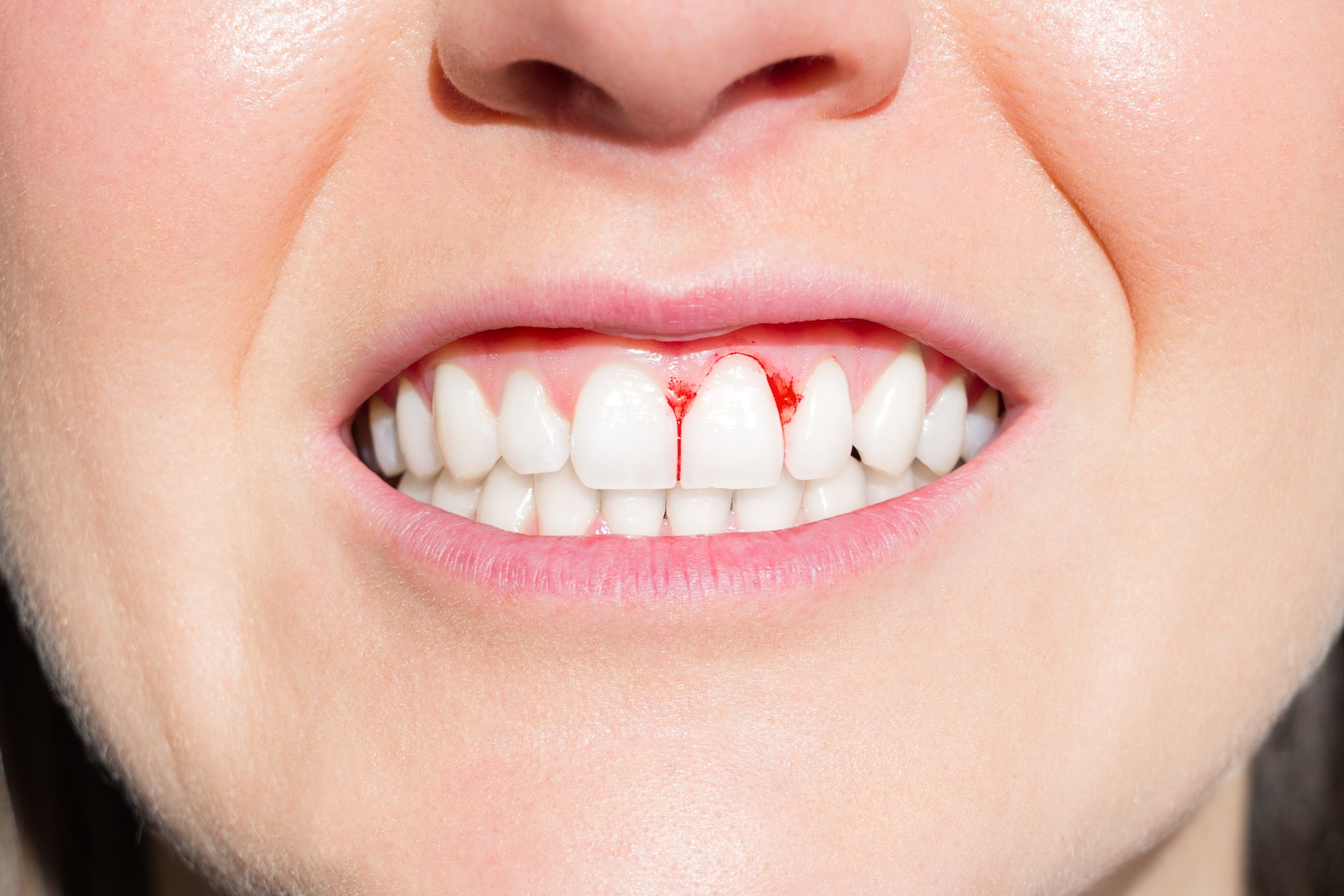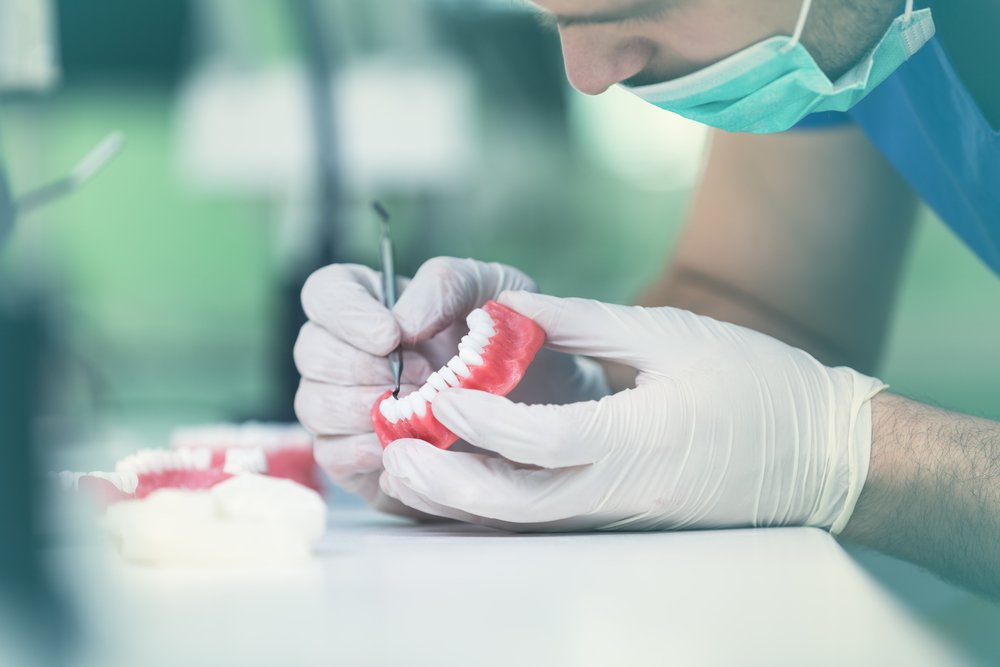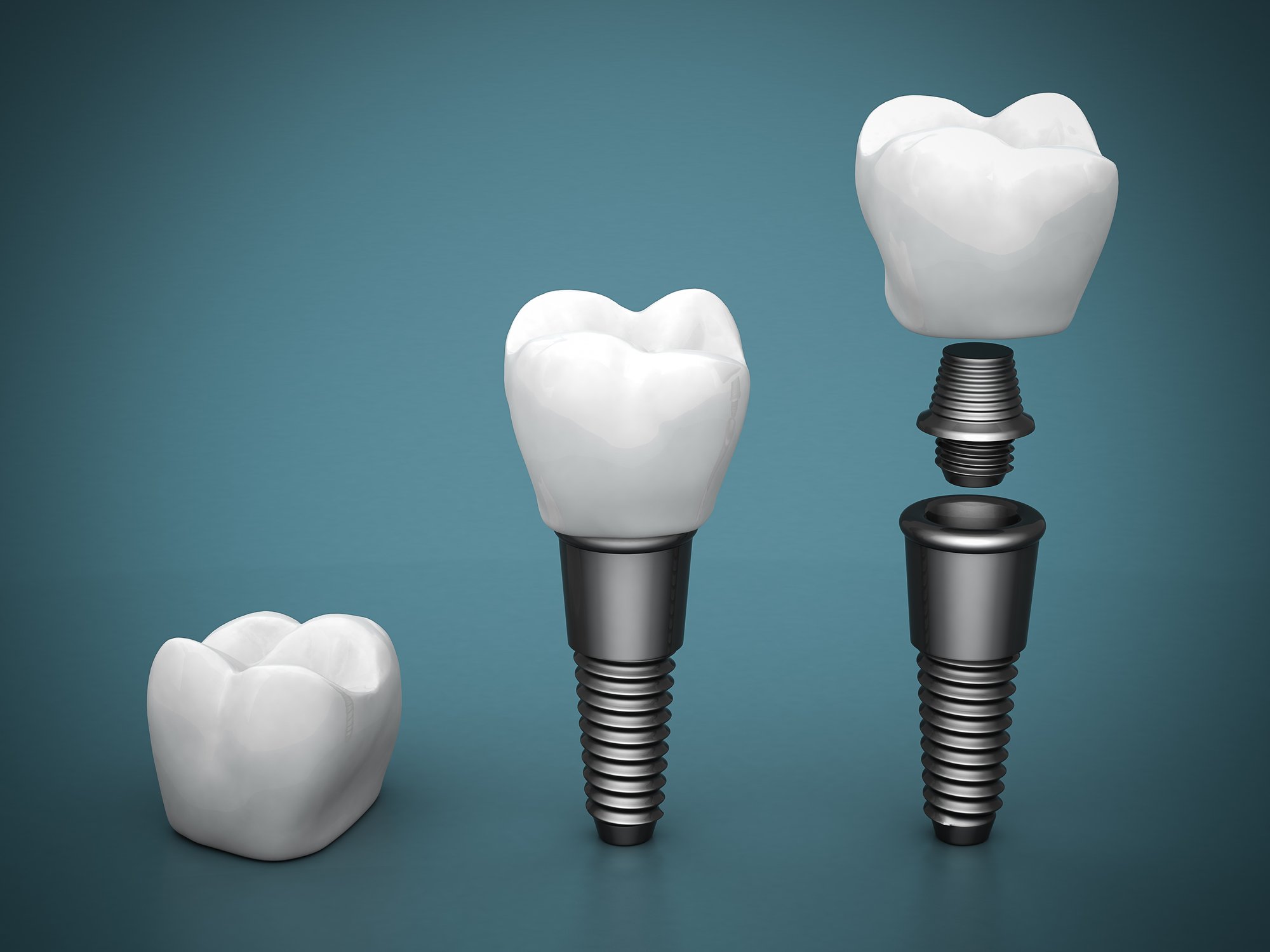
Have you lost your natural teeth because of decay, damage, or an accident? If so, you are not alone. According to the most recent Australia’s Adult Oral Health Tracker report, about 1 in 10 Australian adults suffer from severe tooth loss. If you are missing some or all of your teeth, dentures can restore the way your smile looks and add structure to the face. Nevertheless, dentures are much more than cosmetic devices. In addition to being aesthetically pleasing, dentures can enhance chewing and speaking capabilities for the wearer.
Just like the patients that use them, dentures are not one-size-fits-all. Today, a wide range of contemporary styles is available to meet individualized needs. At Magic Smiles Dental and Implant Centre, our talented team can help you achieve the smile you’ve always wanted. Book one-on-one time with our in-house prosthodontist to learn more about which style of denture is most suitable for your unique scenario.
Partial
Partial dentures are an excellent option for anyone who has lost a few teeth. Consequently, natural teeth tend to shift when spaces form because of loss. To combat this issue, partials can preserve the placement of the remaining surrounding natural teeth.
Currently, partials range from $907-$1574, and the prices largely depend on the type of material used. Generally speaking, a partial denture with a resin base is more affordable than a partial denture with a cast metal framework (including rests and retainers).
Full
If you are missing an entire row of teeth, full (complete) dentures can effectively replace all natural teeth in the upper or lower jaws. This style of dentures is ideal for patients who have lost the majority (or all) of their teeth.
In Australia, here is what you can expect to pay:
- Upper or lower full: Cost around $1,412
- Upper and lower: Cost about 2,562.
Implant-Supported
Compared to conventional style, implant-supported dentures:
- Offer increased stability: Unlike traditional dentures, implant-supported dentures do not rely on dental adhesive and muscles in the mouth to stabilize. Instead, implant-supported appliances work by placing four implants into the upper or lower jawbone.
- Prevent jawbone atrophy: Dental implants act like natural tooth roots so that the supporting bone can withstand chewing forces.
- Improved function and feel: In a 2019 study, people with implant-supported overdentures reported more satisfaction than those with traditional dentures.
- Require lower maintenance: Usually, implant-supported appliances require less maintenance than traditional dentures. They do not require daily removal and can be taken care of similarly to natural teeth.
Dental implants can support both partial and full dentures at a higher up-front cost.
Request a Consultation Today
In summary, dentures are removable prosthetic devices designed to give people who are missing multiple teeth a chance to smile, eat, and speak with confidence again. Also, the total cost reflects the type of denture selected, the insurance policy, and the location where he or she decides to go for treatment.
A brand-new smile starts with a simple dental visit. Whether you are missing one, two, or more natural teeth, our Woolgoolga prosthodontist can create a fresh set of dentures to restore your smile. What are you waiting for? Call (02) 6654-0650 or message us online right now.












Recent Comments